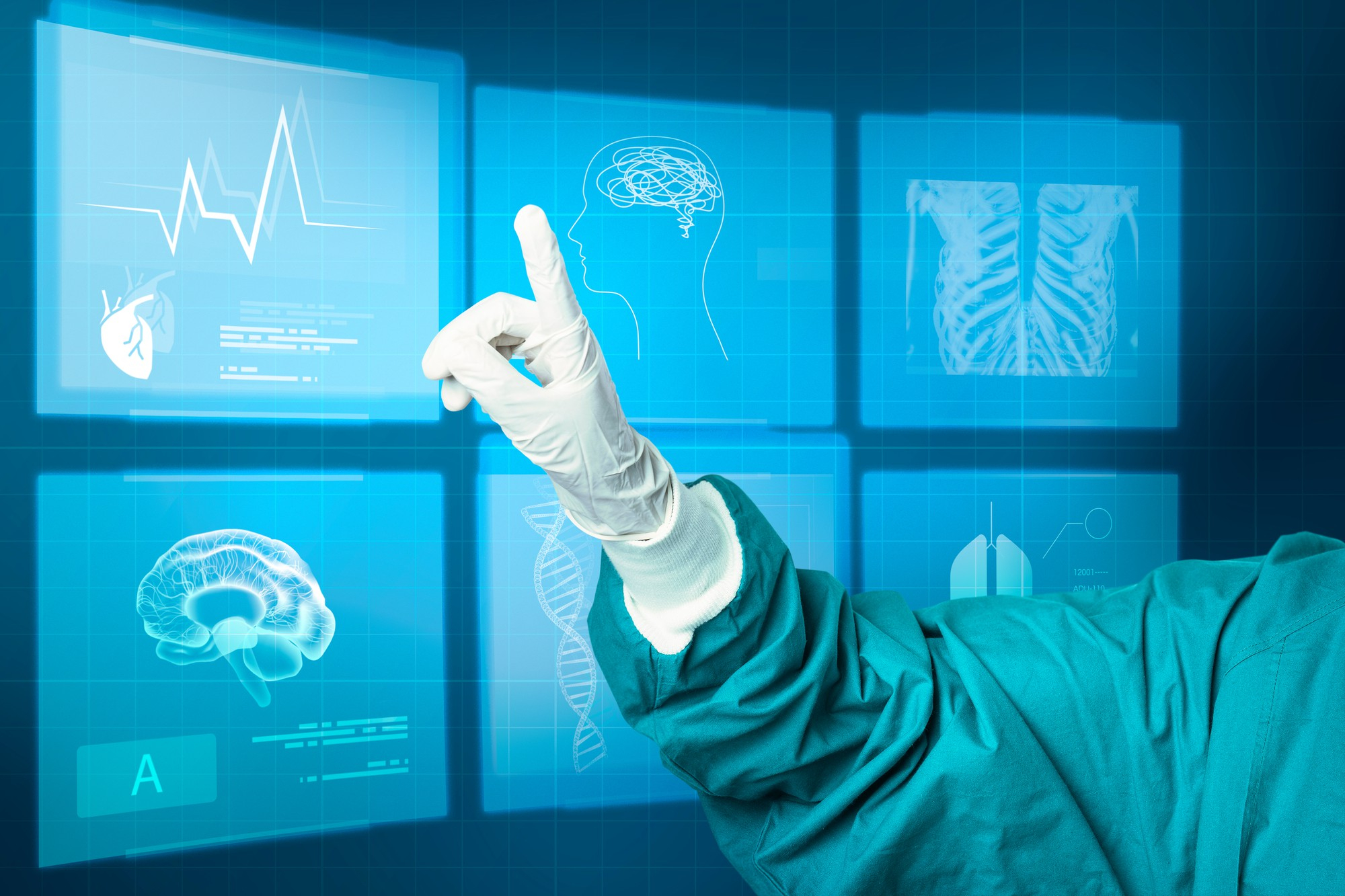The impact of artificial intelligence on healthcare surpasses what doctors predicted several years ago. Advanced medical diagnosis and doctor decision-making bring speedier and more precise healthcare results for everyone. Medical professionals and their patients find new opportunities by using AI voice technology.
This text reveals the ways AI changes how healthcare detects and treats patients including practical uses and useful outcomes.
Rise of AI in Medical Diagnostics
Medical diagnostics receives the largest benefits from artificial intelligence technology. Medical professionals traditionally needed to conduct several tests and study patient conditions manually to diagnose cancer diabetes or heart problems. AI technology now reviews medical pictures and patient documents faster than humans and normally gives better diagnostic results.
Faster and More Accurate Diagnoses
Computers can read medical scans to locate medical issues and abnormalities. The technology detects lung cancer at its beginning stages through medical scans and finds hidden bone fractures that the human visual system cannot see.
Reducing Human Errors
Doctors perform well but their work performance decreases when they become tired or overloaded. The system uses data to provide medical opinions that help lower diagnosis mistakes.
Early Detection of Diseases
The system observes conditions before medical symptoms materialize. The system uses AI to examine medical tests and tells patients about health dangers including diabetes or kidney disease before serious symptoms appear.
AI Voice Assistants in Healthcare
AI voice technology makes healthcare services both better to use and easier to deliver. Doctors and patient populations across medical facilities can now use voice assistants from Amazon Alexa and Google Assistant.
Doctors dedicate substantial time to producing patient records. Doctors use AI voice assistance to record conversations immediately so they can pay full attention to their patients.
Homebound patients now use AI voice assistants to receive medical guidance and reminders about their medications plus they can examine their symptoms. The diabetic patient may request “What blood sugar level should I aim for?” and get an instant answer.
AI voice control assists elderly or disabled patients to operate smart home features and contact medical staff because they cannot type.
AI in Personalized Medicine
AI technology assists doctors in developing specific healthcare strategies for unique patient cases.
Analyzing Genetic Data
By studying patient DNA AI creates forecasts about medication response. Doctors benefit greatly from AI because the system gives them better information to select the correct drug amount.
Customizing Treatment Plans
Based on patient records of medical information, daily habits and inherited health markers AI decides which therapy will work best for each individual needs. The system creates two distinct therapy plans for patients who have cancer.
Monitoring Chronic Diseases
Health apps connected to AI technology allow patients with diabetes or hypertension to monitor their health indicators and receive warning signals when their status needs attention.
Impact of AI in Robotic Surgery
Robotic surgery gets immense benefits from AI technology application.
Precision and Control
Artificial intelligence robots help doctors perform challenging medical procedures with utmost accuracy to minimize potential hazards and speed up the healing process.
Minimally Invasive Procedures
Robots perform surgeries by making small cuts in patients which leads to less pain and shorter healing times.
Remote Surgery
Doctors can control robotic arms to perform surgery on another location from their operating base in future operations.
Role of AI in surgery Discover
Robotic surgery receives major advantages from using artificial intelligence technology.
Precision and Control
AI robots enable surgeons to perform challenging operations with great precision that decreases the danger to patients and lets them heal sooner.
Minimally Invasive Procedures
Robot-assisted surgery enables smaller incisions that speed up patient recovery alongside decreased pain levels.
Remote Surgery
Through robotic controls doctors will have the ability to operate on patients from another location at their main surgery base.
AI in Mental Health Care
AI helps maintain mental health which stands at equal importance with physical health.
Chatbots for Therapy
The AI system Woebot provides mental health assistance through text-based communication while helping users develop healthy responses to their problems.
Detecting Depression and Anxiety
By studying how you talk AI identifies any mental health problems through voice recordings and digital communications.
The AI tools provide continuous online support to people who need help urgently during all hours of the day.
The AI-Driven aspect in Healthcare Delivery
Healthcare systems are taking a positive step forward by utilizing AI technology. Doctors and hospitals apply AI tools to diagnose diseases faster and suggest therapies successfully while streamlining patient data record management.
AI reduces manual workloads and avoids mistakes which expands the quality of medical assistance delivered.
AI technologies study patient data from tests and reports plus device readings to show when health problems may arise. Patients receive early alerts about their health and improved support that lets them recover faster.
Challenges and Risks of AI in Healthcare
Although AI delivers many advantages it brings several difficulties to handle.
The need for big patient data by AI creates problems with protecting private healthcare information.
Dependence on Technology
The misuse of artificial intelligence systems will decrease human decision-making in urgent moments.
High Costs
Organizations spend heavily to create AI systems which blocks support to poor areas.
The Future of AI in Healthcare
The healthcare sector looks forward to developing with AI technologies. Here’s what we can expect:
Hospitals and residences will ramp up their use of AI voice technology to better serve patients alongside handling office work.
Smartwatches and fitness trackers will enhance their performance by spotting potential health problems earlier.
AI will enhance telemedicine services by examining patient symptoms during their virtual visit.
Conclusion
AI technology improves both healthcare delivery and treatment outcomes while increasing patient service speed.
The chief patient doctor communication assistance is AI voice technology.
The advantages that AI brings to healthcare surpass its current difficulties.
Enhancements to technology will allow AI systems to provide better healthcare at lower costs to more people.
Medical progress is happening right now as Artificial Intelligence takes us forward.

